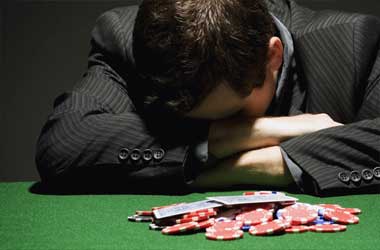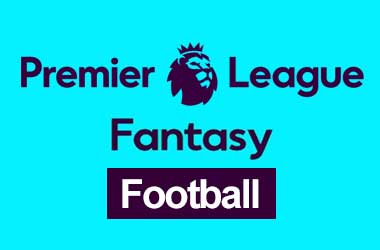 A recent survey on problem gambling in the UK has shown that there is a much bigger problem in Northern Island than in any other region of UK, although it has seen a drop from 2010-levels.
A recent survey on problem gambling in the UK has shown that there is a much bigger problem in Northern Island than in any other region of UK, although it has seen a drop from 2010-levels.
According to the 2016 Gambling Prevalence Survey, over two thirds of those surveyed in the country admit to having gambled in the past 12 months. However this is a 13 percent drop from the gambling participation noted in 2010.
The report from the Northern Ireland Department for Communities gathers trends and attitudes in Northern Ireland towards gambling by surveying over 1,000 citizens of Northern Irelanders aged over 16 years.
The report shows the gambling participation rate of Northern Ireland was slightly higher than that observed for Wales which was at 61 percent and England at 62 percent. Most of those surveyed did not have any issues with problem gambling and only 5 percent were seen to be at moderate risk.
BBC News
One particular concern is that problem gamblers have been estimated to be 2.3 percent of all those surveyed, which is much higher than what has been recorded in other regions of UK – 0.5 percent for England , 0.7 percent for Scotland, and 1.1 percent for Wales. While this is a drop from 2.6 percent noted in 2010, concerns are being raised about the need for more efforts to tackle the issue.
Participation in gambling has jumped despite 75 percent of those surveyed saying that they believe the activity is harmful for family life. National Lottery games are the most popular gaming choice. Online gambling participation has grown sharply from 6.7 percent in 2010 to 15.8 percent in 2016.
The average gambler spends around £5.08 on gambling. Problem gamblers however spend around £47 on gambling while low risk gamblers spend around £11.46. In terms of gender male respondents were reported to spend nearly £12.6 on a weekly basis while female respondents spent far lower at around £4.6.
A non-profit Christian Action Research and Education (CARE), has warned that problem gambling was damaging families and individuals.
In a statement, Mark Baillie, CARE's Northern Ireland Policy Officer, said,
This report shows an urgent need for the government authorities, whatever form it may take in the future, to take policy action to alleviate problem gambling. Problem gambling impacts not just the gambler, but also their family and friends. Crippling debt, divorce, mental health issues, job loss and suicide are just some of the effects this addiction can have

 United States
United States United Kingdom
United Kingdom















